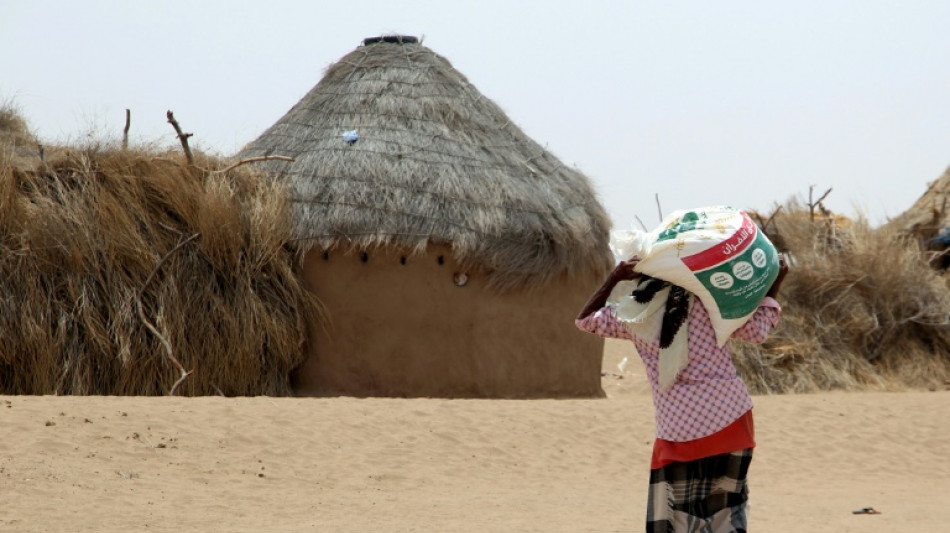
-
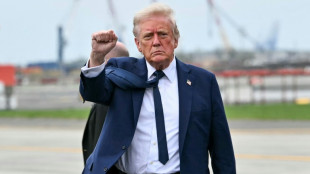 Stock markets mostly higher amid trade talk hopes
Stock markets mostly higher amid trade talk hopes
-
Conclave starts May 7, with cardinals saying new pope must tackle abuse
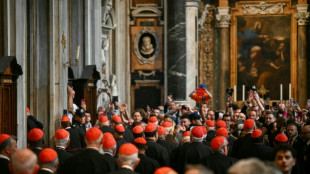
-
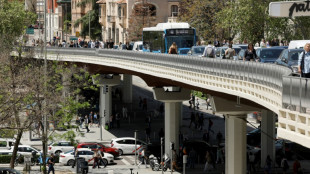 Massive blackout hits Spain and Portugal
Massive blackout hits Spain and Portugal
-
Ruediger 'must show respect to others' says Germany boss Voeller
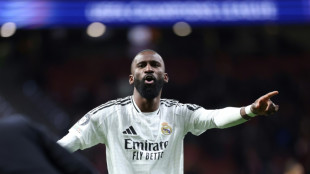
-
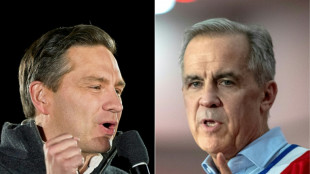 As Canada votes, Trump pushes US takeover plan
As Canada votes, Trump pushes US takeover plan
-
Ten on trial in Paris over 2016 gunpoint robbery of Kim Kardashian
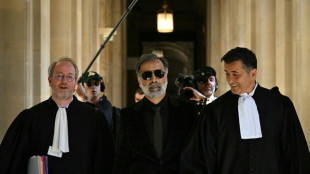
-
 African players in Europe: Salah scores, takes selfies as Reds seal title
African players in Europe: Salah scores, takes selfies as Reds seal title
-
Bangladesh spinner Taijul's 5 wickets trigger Zimbabwe collapse in 2nd Test
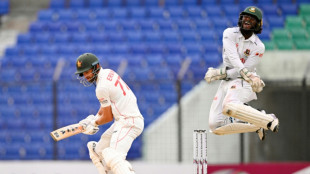
-
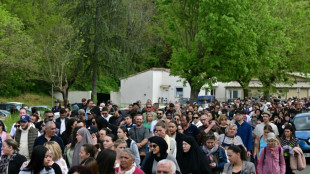 French mosque murder suspect, 21, surrenders in Italy
French mosque murder suspect, 21, surrenders in Italy
-
Mayor Khan keen for London to make Olympics history
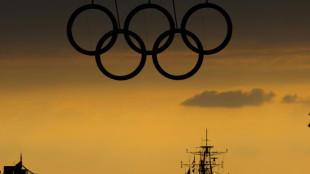
-
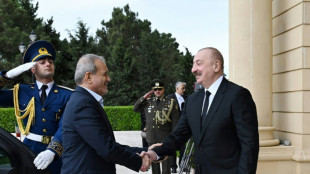 Iranian president visits Azerbaijan as ties warm
Iranian president visits Azerbaijan as ties warm
-
What we know ahead of the conclave
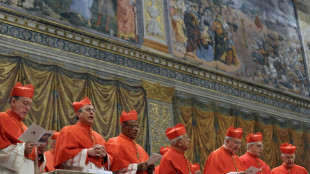
-
 Jannik Sinner launches foundation supporting children
Jannik Sinner launches foundation supporting children
-
Villagers on India's border with Pakistan fear war
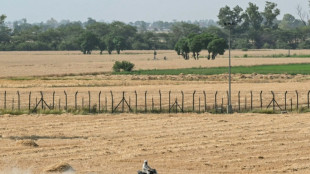
-
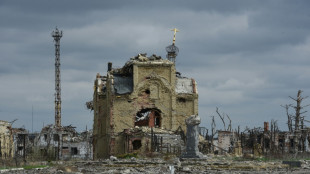 Putin announces surprise Ukraine truce for May 8-10
Putin announces surprise Ukraine truce for May 8-10
-
Conclave to elect new pope starts May 7
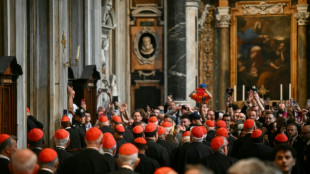
-
 Stock markets mostly rise amid trade talk hopes
Stock markets mostly rise amid trade talk hopes
-
India says signs deal with France for 26 Rafale fighter jets
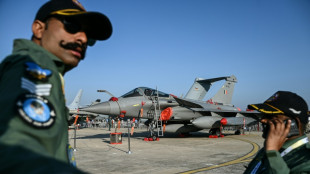
-
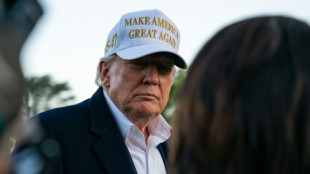 Trump's deep-sea mining order violates global norms: France
Trump's deep-sea mining order violates global norms: France
-
India Kashmir crackdown sparks anger as Pakistan tensions escalate
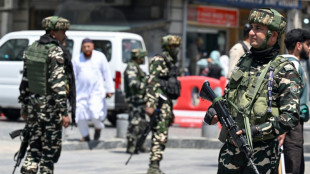
-
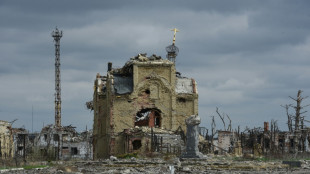 Russia says claims over annexed Ukraine regions key to peace
Russia says claims over annexed Ukraine regions key to peace
-
Austrian climber dies on Nepal mountain
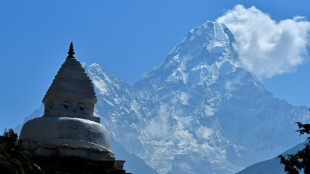
-
 Fires rage 2 days after Iran port blast killed 46
Fires rage 2 days after Iran port blast killed 46
-
Palestinian official tells ICJ Israel using aid blockage as 'weapon of war'
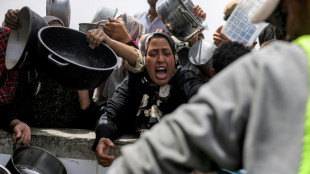
-
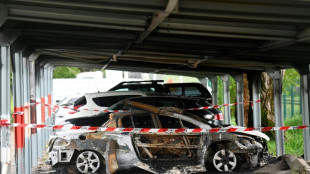 France arrests 25 in police raids after prison attacks
France arrests 25 in police raids after prison attacks
-
Kim Kardashian's next star turn is in a Paris courtroom

-
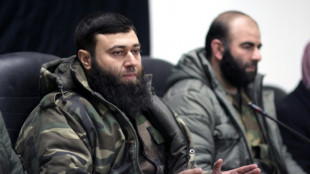 Syria group says military chief arrested in UAE
Syria group says military chief arrested in UAE
-
Anger in Indian Kashmir at demolitions and detentions
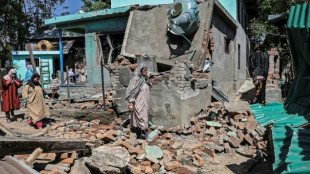
-
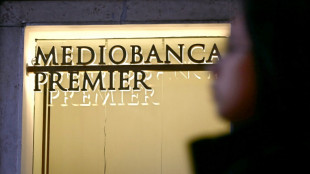 Italy bank merger wave heats up as Mediobanca eyes Banca Generali
Italy bank merger wave heats up as Mediobanca eyes Banca Generali
-
Putin critic Johann Wadephul, Germany's incoming foreign minister
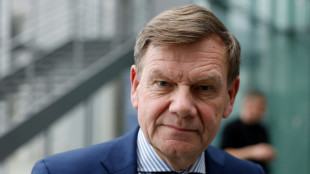
-
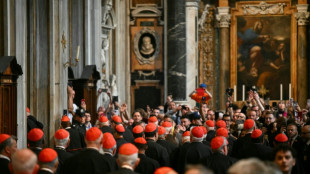 Cardinals expected to pick conclave date to elect new pope
Cardinals expected to pick conclave date to elect new pope
-
French mosque murder suspect arrested in Italy
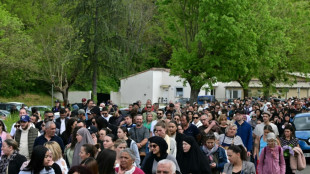
-
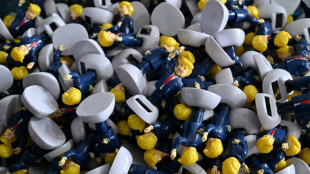 China says on 'right side of history' in trade standoff with US
China says on 'right side of history' in trade standoff with US
-
Stock markets mostly rise as investors eye trade talks

-
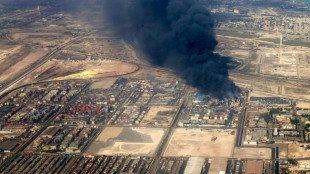 Fires rage 2 days after Iran port blast killed 40
Fires rage 2 days after Iran port blast killed 40
-
Yemen's Huthi rebel media says 68 killed in US strikes on migrant centre
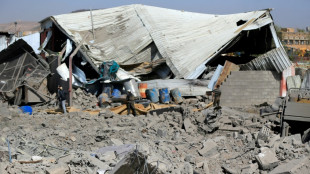
-
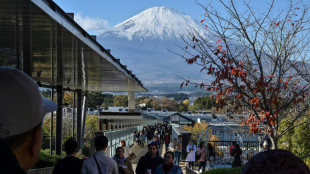 Man rescued from Mount Fuji twice in one week: reports
Man rescued from Mount Fuji twice in one week: reports
-
Canada votes for new government to take on Trump
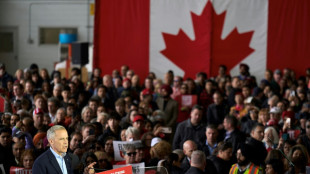
-
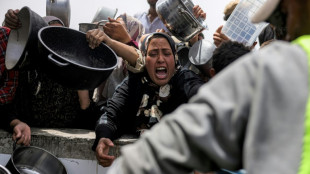 Top UN court to open hearings on Israel's aid obligation to Palestinians
Top UN court to open hearings on Israel's aid obligation to Palestinians
-
Philippines denies 'irresponsible' Chinese report on disputed reef
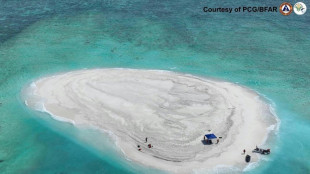
-
 T'Wolves win to push Lakers to brink, Celtics, Knicks and Pacers win
T'Wolves win to push Lakers to brink, Celtics, Knicks and Pacers win
-
Myanmar marks month of misery since historic quake
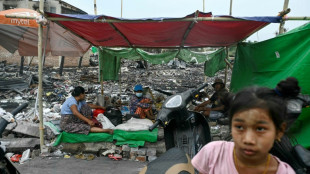
-
 South Korea's SK Telecom begins SIM card replacement after data breach
South Korea's SK Telecom begins SIM card replacement after data breach
-
Women's flag football explodes in US as 2028 Olympics beckon
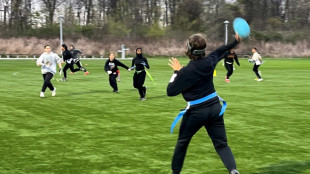
-
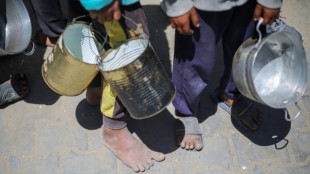 'Hunger breaks everything': desperate Gazans scramble for food
'Hunger breaks everything': desperate Gazans scramble for food
-
Suspect charged with murder in Canada car attack that killed 11
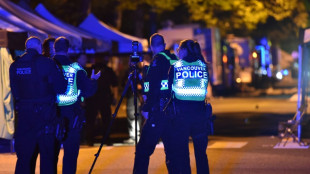
-
 Lost to history: Myanmar heritage falls victim to quake
Lost to history: Myanmar heritage falls victim to quake
-
Romania far-right rides TikTok wave in election re-run

-
 Trial begins in Paris over 2016 gunpoint robbery of Kim Kardashian
Trial begins in Paris over 2016 gunpoint robbery of Kim Kardashian
-
Trump thinks Zelensky ready to give up Crimea to Russia
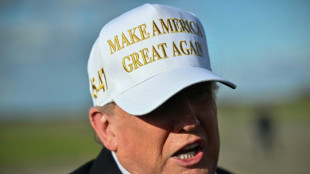

Yemen's new leaders say focused on peace path
Yemen's new leaders are "ready for war" should the latest push for peace with Huthi rebels fail, but a senior official told AFP they genuinely want the years-long conflict to end soon.
"Our first option is peace, but we are ready for war," Abdullah al-Alimi said late Saturday in his first interview since being named to an eight-member leadership council tasked with running the country after President Abedrabbo Mansour Hadi stepped down earlier this month.
"We believe the council is in a position, with the coalition support, to score a decisive military victory," Alimi told AFP in the Saudi capital.
Hadi's internationally recognised government had been locked in conflict for seven years against the Iran-backed Huthis, who control the capital Sanaa and most of the north despite a Saudi-led coalition's military intervention launched in 2015.
The war has killed hundreds of thousands directly or indirectly, and triggered what the United Nations calls the world's worst humanitarian crisis, with millions on the brink of famine.
Hadi's April 7 announcement handing power to the council came at the end of talks in the Saudi capital Riyadh that brought together anti-Huthi factions but were boycotted by the Huthis themselves.
The developments followed the start of a renewable two-month truce that has brought a rare respite from violence and spurred cautious hopes the war could finally end.
Hadi said the council would be tasked with "negotiating with the Huthis for a permanent ceasefire".
"We hope the dire situation in Yemen will make people have a desire to leave personal and partisan interests behind in pursuit of peace," said Alimi, formerly Hadi's chief of staff.
He said council leaders are due to meet in the coming days with UN special envoy to Yemen Hans Grundberg, who last week visited Sanaa for the first time during his mandate and held talks with Huthi leaders.
After meeting Grundberg, the council will travel to Yemen to be sworn in, though Alimi refused to specify exactly where.
The new council has not yet decided how long it will give the Huthis to join talks, Alimi said.
- Rebel resistance -
The Huthis refused to participate in the negotiations in Riyadh, which they consider enemy territory, but Alimi said future talks could take place in a more neutral location such as Oman.
So far, however, the Huthis have been dismissive, denouncing the new council as "a desperate attempt to rearrange the ranks of the mercenaries" fighting in Yemen.
Analysts note the Huthis have said peace will only come once foreign forces leave and some believe they are only really interested in talks with the Saudis.
"The Huthis don't see themselves in a conflict with Yemenis. The Huthis see themselves in a conflict with Saudi Arabia," said Fatima Abo Alasrar of the Middle East Institute in Washington.
If the push for peace goes nowhere, the newly-aligned anti-Huthi forces are positioned to pursue "a concerted multifront campaign" against the rebels, provided the council's diverse membership can hold together, said Peter Salisbury, senior Yemen analyst for the International Crisis Group.
"They (the leadership council) have the potential to more aggressively pursue peace and more aggressively pursue war, and the most likely outcome is they do a little bit of one and a little bit of the other," he said.
P.Costa--AMWN